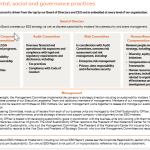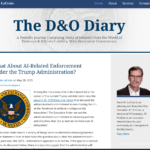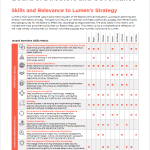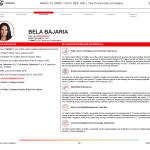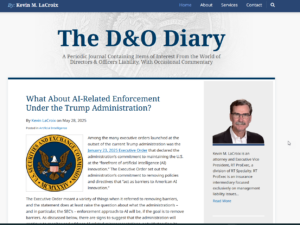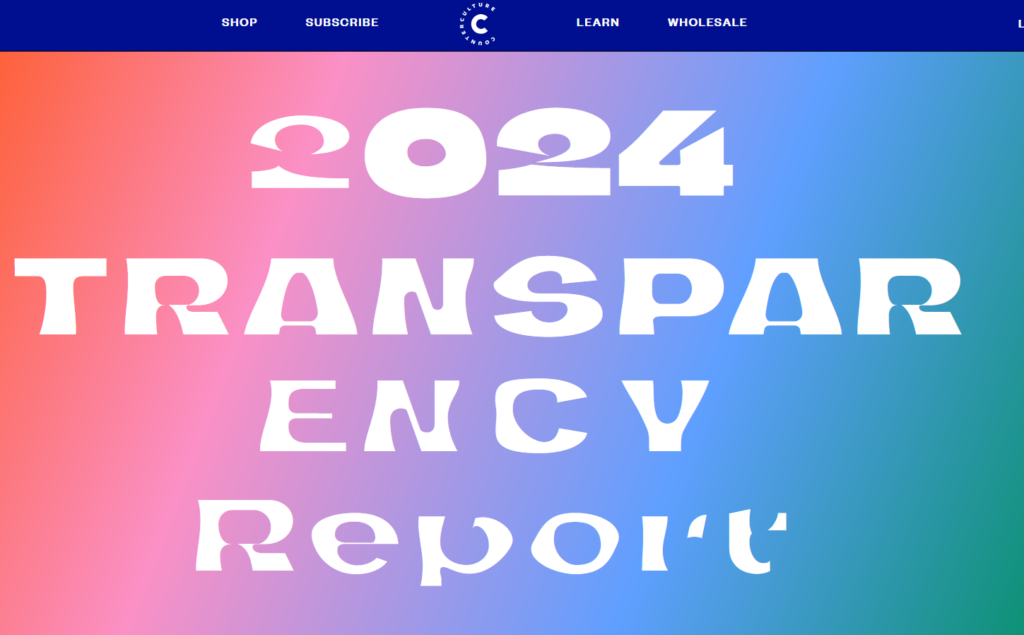I know that generative AI will likely soon turn SEO on its head as it becomes the predominant way that we “search” for things. At least that’s my gut feeling about generative AI. Regardless, SEO is still king and queen when it comes to most things related to the Web. Except for investor relations content for some reason.
Does your company consider SEO – “search engine optimization” – to help guide how you design, how you populate, your IR web page with content?
If you know someone in the website design industry, the first thing they’ll tell you is that SEO is critical when it comes to any field. Most people will find your site because they’ve done a Google search. Even if they know your site is the one they want to go to, they’re likely to search key words about it rather than type the URL directly into a browser. It’s the way most of us operate.
So if someone is Googling to get to you, but your site isn’t near the top of the results – they may wind going elsewhere. No bueno. [See my blog about why making your IR web page accessible is important – including three examples of good IR web pages.]
It kind of kills me as a securities lawyer that we haven’t been trained in even the basics of SEO given that we are disclosure lawyers. At this point, 25 years into the Web, it’s pretty clear that elementary website design should be part of our skill set; that we should be capable of drafting words that wind up with a high SEO quotient.
The SEC hasn’t done us any favors either. When the SEC put out its corporate website guidance in 2008, the term “SEO” isn’t found a single time in the 47 pages of the interpretive release. So we haven’t been forced into thinking like everyone else in the world.
At least the lawyers have an excuse, albeit a flimsy one. The IROs have no excuse – the IR web page should be their baby – but quite a few companies outsource their IR webpage to third-parties who aren’t real professionals for this stuff either. Most IR web page haven’t improved much over time. It’s still pretty messy.
In my wish list for things that I wish the SEC would act upon, one of my “Top 5 items” is that the SEC require some type of bare minimum requirements for IR web pages. That there be some basic consistency, continuity among companies so that it’s easier to find what you’re looking for on a company’s site. Okay, enough of my soap box.
A One-Minute SEO Primer
- There are more resources about SEO than you can shake a stick at.
- But the basics are that you want your IR webpage to have as many keywords as possible. Google uses keywords as an important SEO ranking factor. Google has many factors built into their algos to determine what webpages to rank highly in a “SERP” – search engine results page.
- There are two kinds of keywords: An organic keyword is a keyword used to attract free traffic through search engine optimization. Contrast organic keywords with pay-per-click (PPC) keywords, which are bid on through paid search marketing campaigns. Those are those ad links at the top of a Google search results page.
- You can discover how well you’re performing by using “keyword research tools.” Here is a list of the most well-known keyword research tools.
Some Ideas for Your IR Web Page
When it comes to rethinking your IR web page, I suggest you start with the 25 objective criteria that we have. And then there are six recommendations in this 2019 piece by Doug Breaker, the CEO of a company called “Scripted” which specializes in SEO. The piece is a bit dated but the article gives a good sense of what to think about when it comes to evaluating your SEO.
Doug provides a case study about the importance of having a separate bio page for each member of your senior management team, your directors, rather than lumping them all on one page. The difference in SEO is drastic when you do this – and you don’t have people going to many other pages – such as MarriedBiography.com to learn about your CEO, your CFO rather than their official bio.
Doug also talks about the importance of creating separate pages, dedicated pages to specific events. I believe it’s a good idea for your annual shareholders meeting to have its own home page. Doug notes how “Investor FAQs” pages get a lot of traffic so pay close attention to what you put in there – and keep those updated.
Doug then parses an Ipreo survey of what investors – buy-side and sell-side analysts, portfolio managers want from IR webpages (this survey is no longer found on the Web). Doug noted that:
- Company Summary and Strategy- Investors want more than just financials. They want to know the company background, its strategy, what makes it unique, and what makes it a good investment – there’s a quote from a survey respondent asking for a 5-minute video explaining what the company does.
- Product and Service Descriptions and Explanations – Investors want to know what products and services a company offers. That makes perfect sense too. They want to understand, from an investors perspective, what products and services will drive results.
- Company Management and Board Member Information – It sounds like people want the kind of things that are embedded in charts and graphics within a company’s proxy – the ones that have good design – why not duplicate those things on the IR webpage too?
- Presentations – Many investors said they wanted presentations used during calls and events. One quote is: “One thing I like that not all companies do is to have the most recent slide deck used with investors available, from roadshows or at a conference.” Another quote: “I love looking at presentations from maybe a year ago through today so I can see what has changed in how they are presenting the story.”





